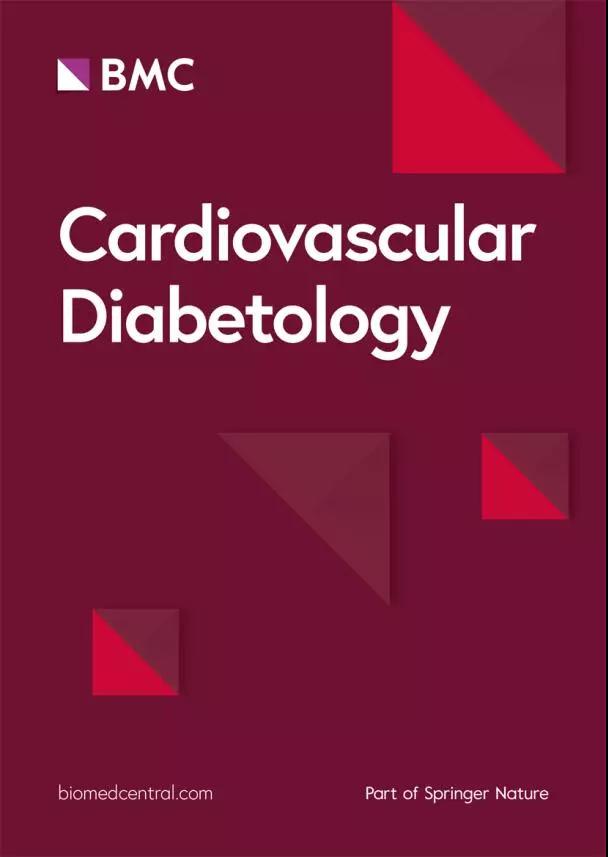MiRNA-132/212 encapsulated by adipose tissue-derived exosomes worsen atherosclerosis progression
IF 8.5
1区 医学
Q1 CARDIAC & CARDIOVASCULAR SYSTEMS
引用次数: 0
Abstract
Visceral adipose tissue in individuals with obesity is an independent cardiovascular risk indicator. However, it remains unclear whether adipose tissue influences common cardiovascular diseases, such as atherosclerosis, through its secreted exosomes. The exosomes secreted by adipose tissue from diet-induced obesity mice were isolated to examine their impact on the progression of atherosclerosis and the associated mechanism. Endothelial apoptosis and the proliferation and migration of vascular smooth muscle cells (VSMCs) within the atherosclerotic plaque were evaluated. Statistical significance was analyzed using GraphPad Prism 9.0 with appropriate statistical tests. We demonstrate that adipose tissue-derived exosomes (AT-EX) exacerbate atherosclerosis progression by promoting endothelial apoptosis, proliferation, and migration of VSMCs within the plaque in vivo. MicroRNA-132/212 (miR-132/212) was detected within AT-EX cargo. Mechanistically, miR-132/212-enriched AT-EX exacerbates palmitate acid-induced endothelial apoptosis via targeting G protein subunit alpha 12 and enhances platelet-derived growth factor type BB-induced VSMC proliferation and migration by targeting phosphatase and tensin homolog in vitro. Importantly, melatonin decreases exosomal miR-132/212 levels, thereby mitigating the pro-atherosclerotic impact of AT-EX. These data uncover the pathological mechanism by which adipose tissue-derived exosomes regulate the progression of atherosclerosis and identify miR-132/212 as potential diagnostic and therapeutic targets for atherosclerosis.脂肪组织源性外泌体包裹的 MiRNA-132/212 会加剧动脉粥样硬化的进展
肥胖者的内脏脂肪组织是一个独立的心血管风险指标。然而,脂肪组织是否会通过其分泌的外泌体影响动脉粥样硬化等常见心血管疾病,目前仍不清楚。我们分离了饮食诱导肥胖小鼠脂肪组织分泌的外泌体,以研究它们对动脉粥样硬化进展的影响及其相关机制。对动脉粥样硬化斑块内皮细胞凋亡、血管平滑肌细胞(VSMC)的增殖和迁移进行了评估。使用 GraphPad Prism 9.0 和适当的统计检验分析统计意义。我们证明,脂肪组织源性外泌体(AT-EX)通过促进斑块内皮细胞凋亡、增殖和 VSMCs 迁移,加剧了动脉粥样硬化的进展。在AT-EX货物中检测到了MicroRNA-132/212(miR-132/212)。从机理上讲,富含miR-132/212的AT-EX通过靶向G蛋白亚基α12加剧棕榈酸诱导的内皮细胞凋亡,并通过靶向体外磷酸酶和天丝同源物增强血小板衍生生长因子BB型诱导的VSMC增殖和迁移。重要的是,褪黑素能降低外泌体 miR-132/212 的水平,从而减轻 AT-EX 促进动脉粥样硬化的影响。 这些数据揭示了脂肪组织源性外泌体调节动脉粥样硬化进展的病理机制,并确定 miR-132/212 为动脉粥样硬化的潜在诊断和治疗靶点。
本文章由计算机程序翻译,如有差异,请以英文原文为准。
求助全文
约1分钟内获得全文
求助全文
来源期刊

Cardiovascular Diabetology
医学-内分泌学与代谢
CiteScore
12.30
自引率
15.10%
发文量
240
审稿时长
1 months
期刊介绍:
Cardiovascular Diabetology is a journal that welcomes manuscripts exploring various aspects of the relationship between diabetes, cardiovascular health, and the metabolic syndrome. We invite submissions related to clinical studies, genetic investigations, experimental research, pharmacological studies, epidemiological analyses, and molecular biology research in this field.
 求助内容:
求助内容: 应助结果提醒方式:
应助结果提醒方式:


